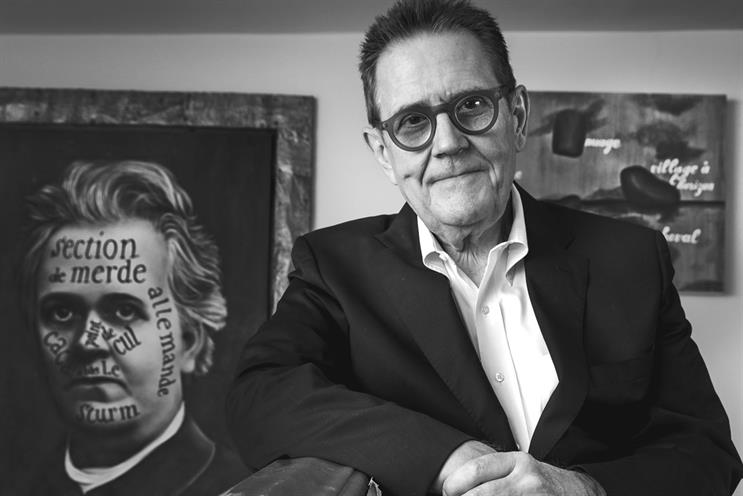Thomas Jefferson was one of the founders of the USA, he wrote the Declaration of Independence.
He was a philosopher, in the days when that meant thinking for yourself and questioning accepted wisdom, which is why he was a revolutionary.
He was opposed to anything he saw as rules laid down to manipulate the gullible.
Which is why he took a razor blade to the Bible and created his own version.
From Mathew, Mark, Luke and John, he cut out everything except Jesus’ words.
All the miracles, which were only there to impress, were cut out.
Historian Edwin Scott Gausted explains: “If a moral lesson was embedded in a miracle, the lesson survived, but the miracle did not. Jefferson maintained Jesus’ role as a great moral teacher, not as a shaman or faith healer.”
Jefferson felt Jesus’ words had been lost in a show of miracles and magic, put there to dazzle the uneducated and maintain the church’s power.
Jefferson himself explained it this way: “In extracting the pure principles which Jesus taught, we have to strip off the artificial vestments in which they have been muffled by priests, who have travestied them into various forms, as instruments of riches and power to themselves. We must reduce it to the very words only of Jesus, paring off the ambiguity into which they have been led, by giving their own misconceptions and expressing unintelligibly for others what they had not understood themselves. I have performed this operation by cutting verse by verse out of the printed book, and arranging the matter which is evidently his, and which is as easily distinguishable as diamonds in a dunghill.”
When Jefferson had finished, he wrote: "A more beautiful or precious morsel of ethics I have never seen; it is a document in proof that I am a real Christian, that is to say, a disciple of the doctrines of Jesus."
Jefferson was a true believer in Christ’s words, not just impressed by a superbeing who could perform miracles – he thought that was unnecessary showmanship.
The truth that was so powerful it needed no dressing-up.
But priests were people who didn’t see the truth as sufficient, the truth needed to be made attractive for ordinary people – in fact. the truth itself was almost irrelevant.
This is often the position when people are convinced that truth isn’t enough.
They need to find something more interesting , more persuasive, more compelling.
This is how it is with marketing, they believe the truth alone isn’t nearly enough.
In fact, this is the basis for the existence of marketing, that products need an industry of people to go beyond truth, to entice and convince.
Like everyone else, this is what I thought advertising was based on.
When I was a young copywriter at BMP, I was given the launch of a car.
I tried to see how I could sell it, how could I persuade people to buy it?
Eventually I went to see David Batterby, the managing director – I told him I couldn’t find any way to sell this car.
David said: “Look, the people who made this car didn’t think, ‘We’ll build it and then find out if an advertising agency can sell it.’ They invested millions of pounds in retooling the entire factory to make this car. They didn’t do that unless they knew there was a market ready for it. So who did they think would buy it and why?”
He made me realise there was a truth before any ad agency got involved, there was a truth in the product.
Nowadays product is a dirty word – in fact, products don’t exist, only brands exist.
Marketing, especially “strategists”, turn up their nose at the mention of the word product.
They need to invent a Brand Purpose or no-one will buy our brand.
And yet, strangely enough, people do still buy products, if we can get out of the way.
If we can find the truth.
Dave Trott is the author of The Power of Ignorance, Creative Blindness and How to Cure It, Creative Mischief, Predatory Thinking and One Plus One Equals Three


